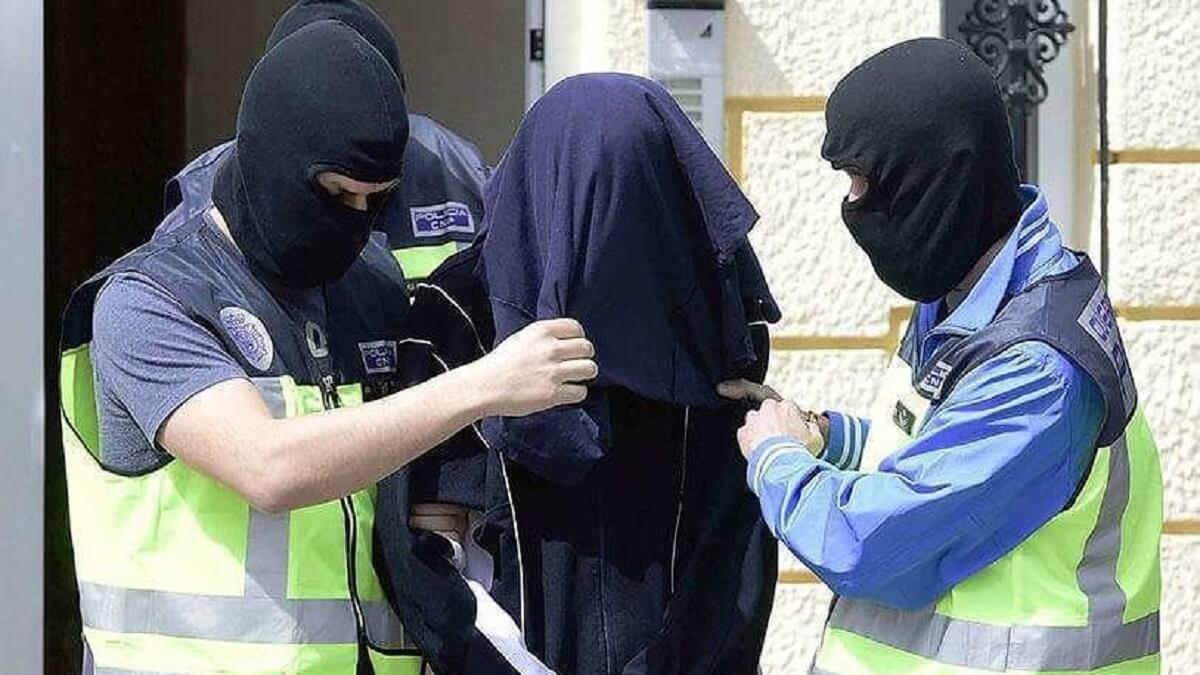
DAESH member convicted in Spain for terrorist indoctrination
Monni Ahmed Merhba, alias “Ismail”, has been sentenced to two years in prison and five years of probation by the Audiencia Nacional for incitement to terrorism, although the prosecution was asking for four years in prison.
Since August 2019, Ismail, of Sahrawi origin, encouraged groups on social networks to jihad through extremist texts and images and where he expressed his ideological adherence to the DAESH. He also acknowledged his hatred for Spain, which he described as a “land of infidels”, according to the prosecutor. On the other hand, the convicted man was in contact via Facebook with other alleged jihadists who were in conflict zones.
In addition, during the trial, it was revealed that he had been in contact with Yassin al-Bar, who was arrested on the same day as the convicted man in Switzerland. Yassin had gone to Syria to fight with the Islamic State and subsequently returned to Switzerland. Ismail offered him help if he decided to settle in Spain, although it has not been specified what kind of help.
On the other hand, Merhba claimed to be a member of the terrorist organisation “DAESH in the Greater Sahara” (EIGS) and proudly showed that he had previously had communication contact with his former EIGS leader, Adnan Abu Walid al-Sahraoui, who was killed by the French army in August 2021. The EIGS leader was, like Ismail, of Sahrawi origin.
DAESH has been active since 2015 in the Sahel, mainly in Mali, Niger and Burkina Faso where it has killed thousands of civilians and military personnel. Terrorism in the Sahel is gaining more and more followers in the face of states that are unable to meet the economic and social needs of the population. These countries, which are among the poorest in the world and lack basic quality services such as education, are a perfect breeding ground for young people desperate for a future to sympathise with radical messages and join their ranks in exchange for money. These precarious states, suffering constant political and economic crises, are unable to control their vast borders and the rise of radicalisation on their territories, despite being aided by foreign armies such as the French armed forces. Radicalisation is not only centred in these three Sahelian countries but also exists in the Maghreb. This proximity to European borders, mainly those of Ceuta and Melilla, which are on the African continent, can lead terrorists to carry out attacks in some European countries that they consider infidels, as has happened previously in countries such as Spain and France. Thus, in 2017, DAESH claimed responsibility for the attacks that took place in Cambrils.
However, in the West, in recent years, radicalisation has mainly taken place through social networks. Radical Islamist groups have promoted social networks and Whatsapp to recruit lone wolves who can carry out attacks individually and thus be able to go unnoticed by the police more easily. Furthermore, according to the Elcano Royal Institute, 10 per cent of all jihadists convicted or killed in Spain in recent years have been radicalised in prison.
Since the 11 March 2004 attacks in Madrid, more than 1,000 suspected jihadists have been arrested in Spain. However, the Audiencia Nacional has only handed down 300 convictions and around a hundred are currently in prison, so most of those arrested have been acquitted or their cases have been shelved.
Source » atalayar





